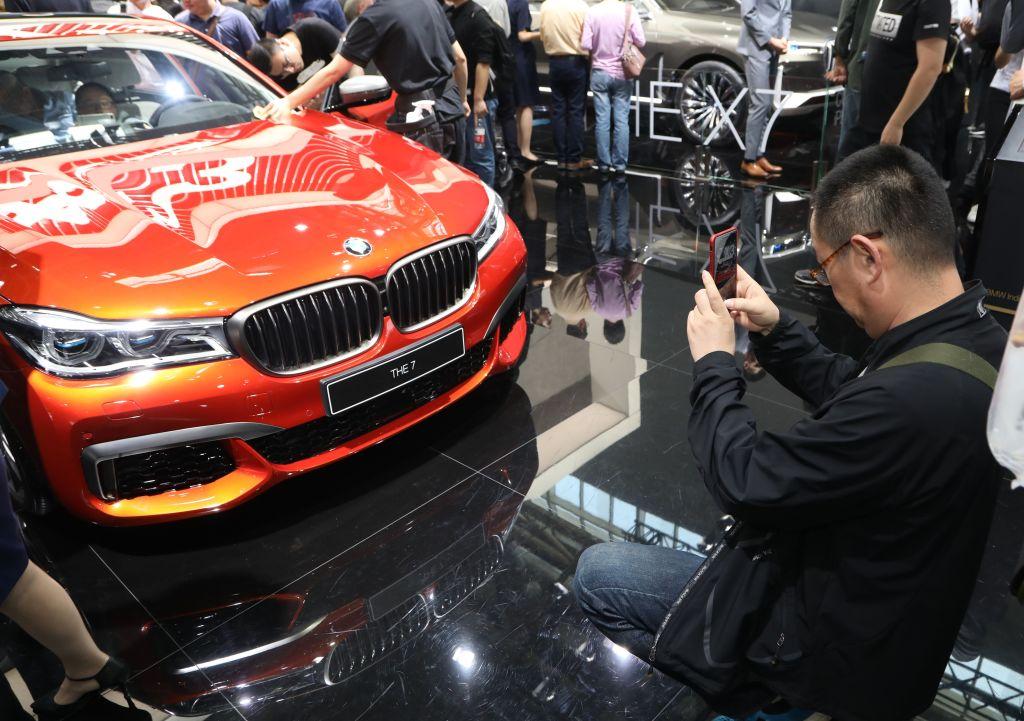China’s auto sales fell again in March, an industry group reported on April 12. Automakers and car dealers are also struggling with financial losses and huge debts.
Sales of SUVs, sedans, and minivans in the industry’s biggest global market fell 6.9 percent from a year earlier to just over 2 million, according to the China Association of Auto Manufacturers (CAAM).





